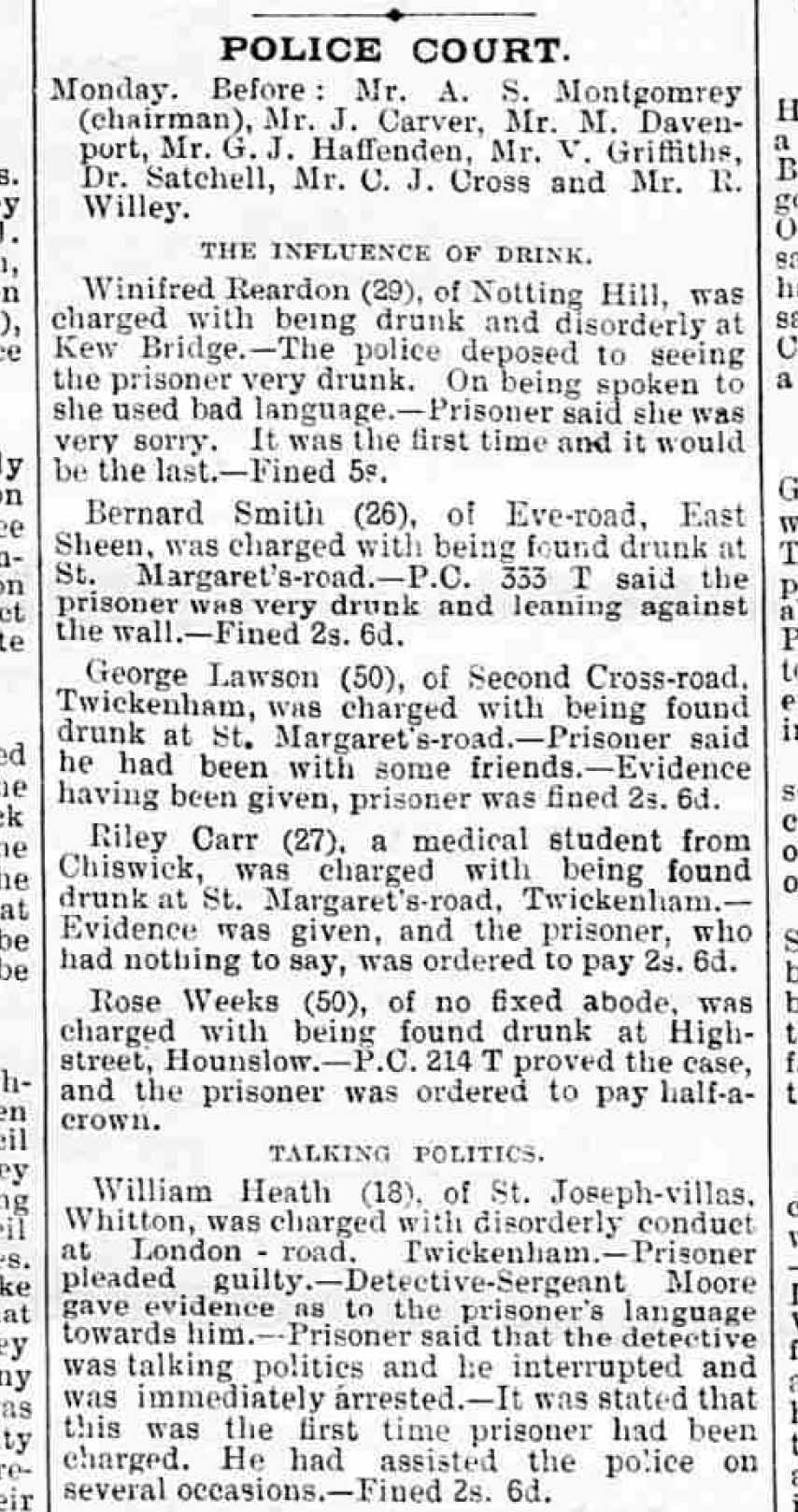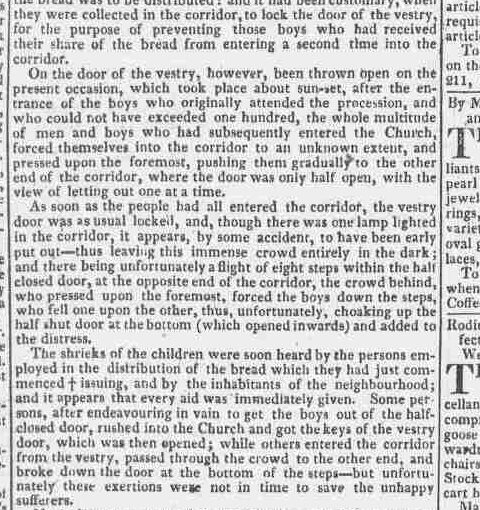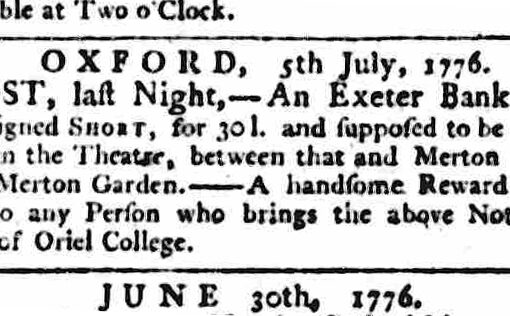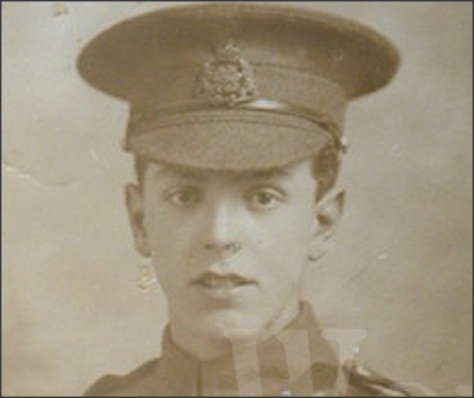
Middlesex Chronicle – Saturday 20 January 1906
POLICE COURT.
Monday.
Before: Mr. A. S. Montgomery (chairman), Mr. J. Carver, Mr. M. Davenport, Mr. G. J. Haffenden, Mr. V. Griffiths, Dr. Satchell, Mr. C. J. Cross and Mr. R. Willey.
THE INFLUENCE OF DRINK.
- Winifred Reardon (29), of Notting Hill, was charged with being drunk and disorderly at Kew Bridge. The police deposed to seeing the prisoner very drunk. On being spoken to, she used bad language. Prisoner said she was very sorry. It was the first time, and it would be the last. — Fined 5s.
- Bernard Smith (26), of Eve-road, East Sheen, was charged with being found drunk at St. Margaret’s-road. — P.C. 353 T said the prisoner was very drunk and leaning against the wall. — Fined 2s. 6d.
- George Lawson (50), of Second Cross-road, Twickenham, was charged with being found drunk at St. Margaret’s-road. Prisoner said he had been with some friends. — Evidence having been given, prisoner was fined 2s. 6d.
- Riley Carr (27), a medical student from Chiswick, was charged with being found drunk at St. Margaret’s-road, Twickenham. — Evidence was given, and the prisoner, who had nothing to say, was ordered to pay 2s. 6d.
- Rose Weeks (50), of no fixed abode, was charged with being found drunk at High-street, Hounslow. — P.C. 214 T proved the case, and the prisoner was ordered to pay half-a-crown.
TALKING POLITICS.
- William Heath (18), of St. Joseph-villas, Whitton, was charged with disorderly conduct at London-road, Twickenham. — Prisoner pleaded guilty. Detective-Sergeant Moore gave evidence as to the prisoner’s language towards him. Prisoner said that the detective was talking politics and he interrupted and was immediately arrested. — It was stated that this was the first time prisoner had been charged. He had assisted the police on several occasions. — Fined 2s. 6d.
Explanation and Usefulness for Researchers:
This article documents various cases handled by a police court in Middlesex, England, in early 1906. The cases involve charges related to public intoxication and disorderly conduct. The following elements are of interest for researchers:
- Names of Individuals: The article lists names such as Winifred Reardon, Bernard Smith, George Lawson, Riley Carr, Rose Weeks, and William Heath. These names, combined with their ages and addresses, can be useful for genealogists, social historians, or researchers tracing family histories or examining early 20th-century public records.
- Legal and Social Context: The article highlights the societal and legal response to public drunkenness and disorderly behaviour at the time. It reflects the emphasis on maintaining public order and the relatively low financial penalties for these offenses.
- Locations: Specific places such as Notting Hill, East Sheen, St. Margaret’s-road, and High-street, Hounslow are mentioned, providing geographical context for historians studying these areas.
- Cultural Insights: The mention of someone being arrested for “talking politics” offers insight into the social dynamics and authority interactions in Edwardian England. This could be relevant for scholars studying political expression and public discourse during the period.
- Historical Records: This article serves as an example of police court reporting, a common feature of local newspapers in the 19th and early 20th centuries. It offers a snapshot of everyday life and the functioning of the legal system in 1906.
For historians or enthusiasts researching Edwardian England, these records provide rich details about societal norms, behaviour’s, and local governance at the time.
Free to use British Newspaper Research Service
British newspapers offer a treasure trove of information for family historians. They capture moments in time, providing context, character, and community insight that official records cannot. With the free service provided by Old British News, this research becomes even more accessible, enabling historians to delve into rich, untold stories of their relatives. By combining these resources with other records, family historians can create a more complete and engaging picture of the past.
I search historical articles to locate mentions of your ancestors—whether they were involved in notable events or simply part of the everyday life reported in these newspapers. If relevant articles are found, I deliver them to you in a PDF format at no cost.
If I find articles, they’ll be sent to you in a clear, organised PDF. If not, you’ll be informed right away. See here.




